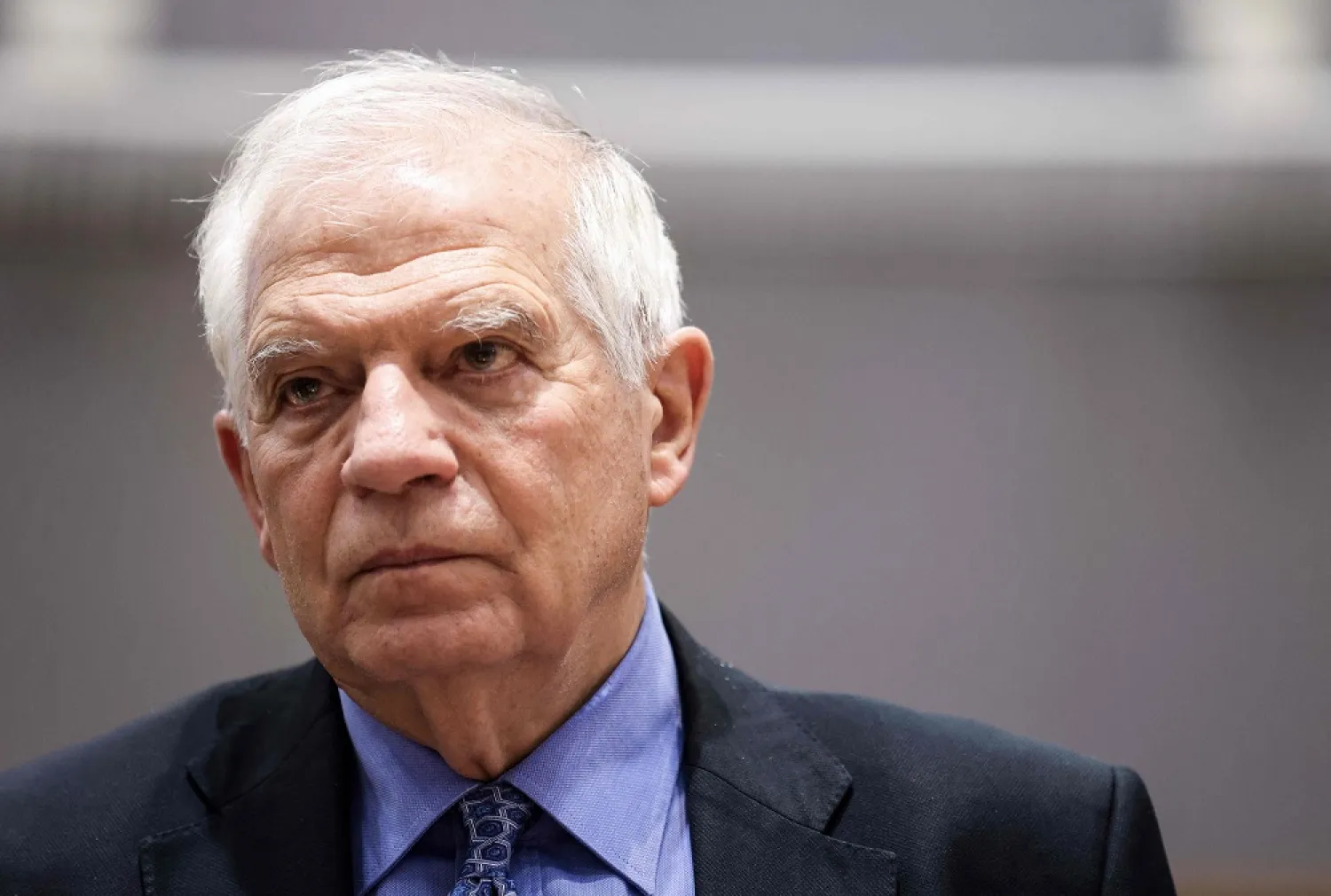European Union countries have endorsed a fast-track procedure aimed at providing Ukraine with sorely needed artillery shells to repel Russia's invasion forces, EU foreign policy chief Josep Borrell said Monday, as Moscow maintains its focus on attacking the industrial east of the war-ravaged country.
As he chaired a meeting of EU foreign and defense ministers in Brussels, Borrell took to Twitter to hail what he described as “a historic decision” for the 27-nation bloc and Norway to send Ukraine 1 million 155-milimeter artillery shells within 12 months.
“We are taking a key step towards delivering on our promises to provide Ukraine with more artillery ammunition,” he said, and noted that 18 countries had signed up to a European Defense Agency, or EDA, project to place joint orders for ammunition with the defense industry.
Borrell said that he had won approval for his proposal to provide 1 billion euros ($1.1 billion) to encourage member nations to provide artillery shells from their stocks and any orders for new rounds that they might have placed with industry.
A further 1 billion euros would also be used to fast-track new orders and encourage countries to work together on those purchases through the EDA or in groups of at least three nations. Germany has already called for countries to join its own effort, which Berlin believes will go faster.
The third track of the program involves support to Europe’s defense industry. so that it can ramp up production in the longer term. EU officials have said that new joint orders could be placed by May if the plan is endorsed.
Germany’s defense industry says it stands ready to ramp up its output, including the kinds of arms and ammunition needed by Ukraine, but that it needs clarity about what governments want before investing in further production capacity.
Ukraine became the world’s No. 3 importer of arms in 2022 after Russia’s invasion triggered a big flow of military aid to Kyiv from the United States and Europe, according to Swedish think tank SIPRI.
“What’s important for us as an industry is to get predictability,” Hans Christoph Atzpodien, the head of Germany’s arms manufacturing association, told The Associated Press last week. “That means we have to be clearly told which products are needed within which time.”









